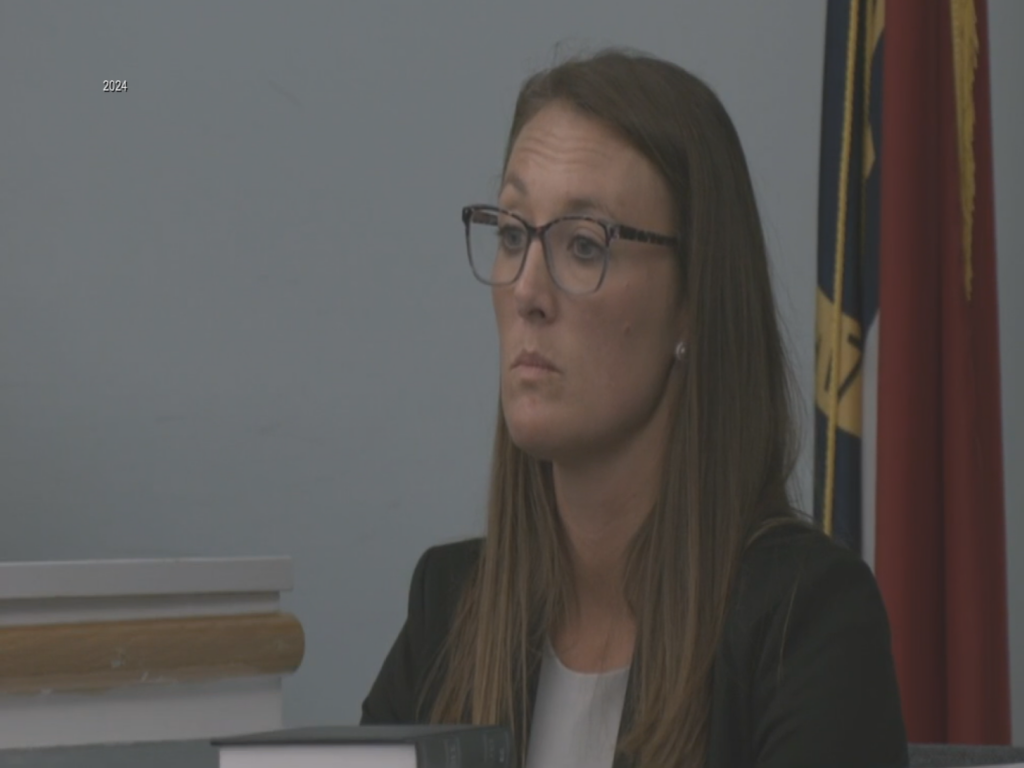Federal judge grants class certification in lawsuit against Chemours, DuPont

WILMINGTON, NC (WWAY) — A federal judge has granted class certification to over 100,000 North Carolina residents who allege The Chemours Company (Chemours) and DuPont Chemical (DuPont) illegally discharged toxic wastewater containing PFAS and GenX chemicals into the Cape Fear River.
The lawsuit claims the companies failed to inform residents, failed to inform government officials after learning of its damaging impacts, and continued these harmful practices for decades.
Residents in the case claim they unknowingly consumed drinking water contaminated with these chemicals, that they now suffer from and face the risk of serious health problems, and that Chemours and DuPont should pay the cost of eliminating the contamination of these PFAS chemicals from their homes.
“For decades Chemours and Dupont have knowingly endangered the health of hundreds of thousands of North Carolinians and caused widespread property damage,” said Ted Leopold, partner at Cohen Milstein and co-lead counsel in the lawsuit. “We are very happy with the judge Dever’s decision to grant class certification to residents along the Cape Fear River impacted by the gross negligence of these chemical companies.”
The Cape Fear River serves as the main source of water for over 100,000 homes in the southeast area of North Carolina, including the City of Wilmington. The affected counties include New Hanover, Bladen, Brunswick, Cumberland, and Pender, and residents of those counties who are served by utilities that use the Cape Fear River as a water source or rely on groundwater contaminated with PFAS are included in the class.
The class action was first brought in 2017 in the Eastern District of North Carolina. In 2018, Cohen Milstein and Susman Godfrey were court appointed Interim Co-Lead Class Counsel. Since filing the case, Cohen Milstein and Susman Godfrey have provided information to DEQ in support of the development and enforcement of the consent order while seeking additional relief through the class action.
More information about the case can be found HERE.




